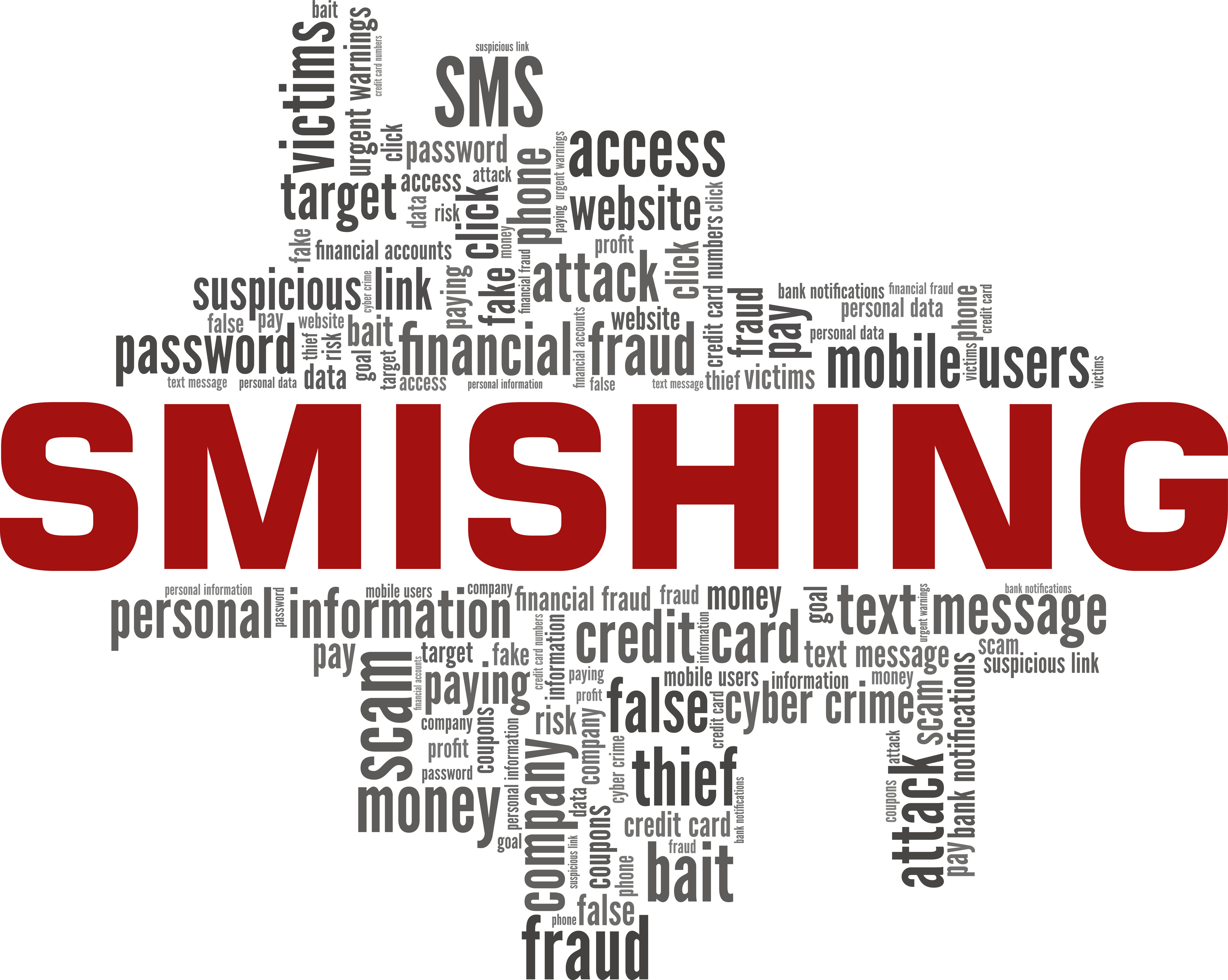
What is Smishing?
Smishing is the fraudulent practice of sending (SMS) text messages claiming to be from reputable companies in order to influence individuals to reveal personal information, such as passwords or credit card numbers. In addition to text messages, smishing attempts can pop up on any messaging platform, from WhatsApp to Instagram.
Common Smishing Methods:
- Text message stating your bank account is locked and to click on the link immediately.
- Text message stating you have won a big prize, lottery ticket, or a discount is offered.
- Text message with a sense of urgency from financial institutions, banks, or insurance companies saying there is unusual activity with your account and to click the link.
- Text message with a number or link to activate a new credit card.
- Text message stating your debit card has expired and to click the link to reactivate.
- Text message from online organizations asking you to verify your payment methods.
- Text message from different charities looking for a donation.



Tips for Staying Safe from Smishing:
- Never click links, attachments, or images that you receive in a text message without first verifying the sender.
- Never reply to text messages from an unknown sender or call back numbers you don't recognize.
- Watch out for things that are “too good to be true,” like “free” rewards that need your credit card number for some reason.
- Delete all suspicious texts.
- Never respond to a text message that requests you to provide personal information, your online banking password, or your pin.
- Only download apps from official app stores.
- Block texts from unknown numbers – on iPhone / Android.
- Make sure the mobile phone is updated to the latest version.
- Consider installing anti-malware software on the mobile phone.
If you would like general information about HIPAA, click to view the HIPAA page. Or, if you would like information regarding Travis County’s HIPAA Policies, or to report a suspected privacy concern, contact the Travis County Compliance and Privacy Officer.
